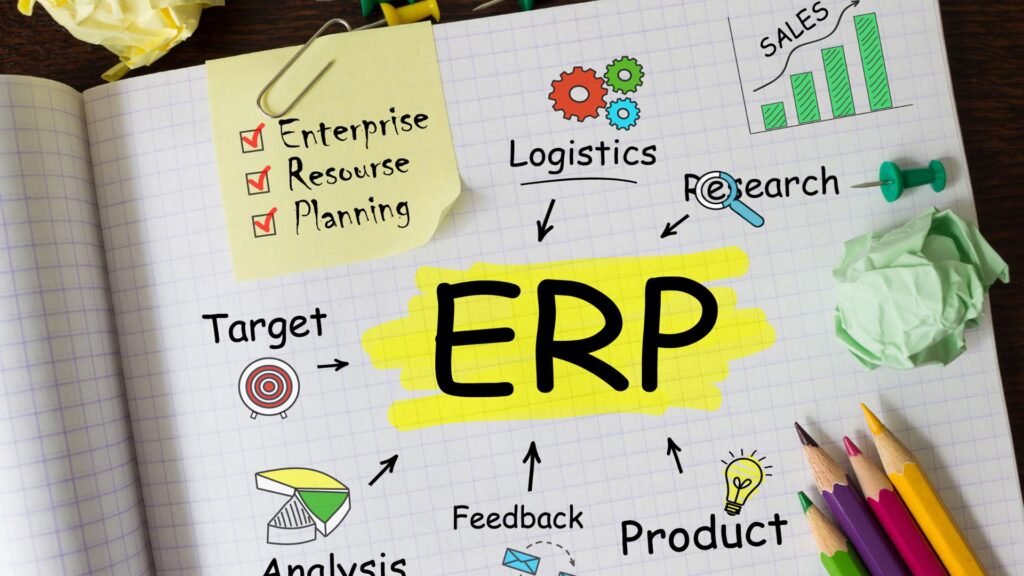Selecting the right Enterprise Resource Planning (ERP) system is a critical decision that can make or break the efficiency and success of an organization. This article focuses on the importance of choosing the right ERP solution and how it is valuable for businesses in enhancing customer solutions, streamlining procurement processes, optimizing the purchase-to-pay cycle, and fostering effective supplier channel management.
A customer-centric approach is the easiest way to a successful business strategy, and the right ERP solution serves as a driving force for achieving this objective. It enables organizations to gather, analyze, and leverage customer data effectively, providing valuable insights that empower businesses to enhance customer solutions, personalize experiences, and build lasting relationships.
The right ERP system is crucial in streamlining operations and efficiently procuring goods. Gone are the days when it was required to have one person or a team to be on top of the process to ensure that the goods were readily available for smooth functioning. With a slight disparity, one could lose precious time and resources. By centralizing these activities, businesses can optimize supplier management, negotiate favorable terms, and ensure timely access to essential supplies. This streamlined approach enhances operational efficiency and contributes to cost savings.
Optimizing the Purchase-to-Pay Cycle for Financial Agility:
A robust ERP system is essential to optimize the purchase-to-pay cycle, a crucial part of financial operations. An ideal ERP system combines and automates every process step, from request to payment processing, eliminating mistakes, decreasing manual involvement, and promoting financial agility. The financial workflow is made smoother and more effective by this modification.
Supplier Channel Management: Effective supplier channel management is essential for maintaining strong and collaborative supplier relationships. The right ERP system facilitates enhanced communication, transparency, and collaboration across the supplier channel. This ensures timely deliveries and visibility into the supply chain, allowing businesses to make informed decisions and mitigate risks effectively.
The Channel System:
An enterprise resource planning (ERP) system can be defined as a hub that unifies diverse corporate operations to provide an efficient and linked channel system. Businesses may obtain a comprehensive understanding of their operations and improve decision-making by combining data from many departments and ensuring that information is shared easily throughout the company.

The Strategic Value of the Right ERP System
In summary, selecting the appropriate ERP system is a strategic decision that may improve a company’s operational effectiveness and competitiveness instead of only being technological. The correct ERP and EDI solution may help firms navigate the challenges of the current business landscape by improving customer solutions, simplifying procurement, optimizing the purchase-to-pay cycle, and promoting efficient supplier channel management. As firms change, purchasing the appropriate ERP system becomes essential for long-term development and profitability.





